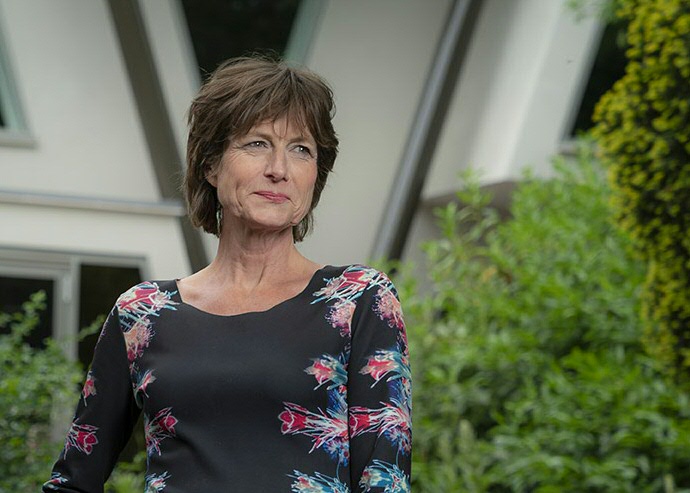More sustainable behaviour? Doom scenarios with no prospects for taking action only serve to discourage people.

This week saw the publication of the latest report of the IPPC, the UN climate panel. The conclusions are alarming: the Earth is warming up faster than we thought, and we must make drastic changes to our behaviour in order to contain the consequences. Linda Steg, expert in the field of sustainable behaviour, warns that there is little point in focusing on doom scenarios without offering people prospects for taking action.
The risk of doom scenarios
Over 900 researchers spent four years working on the IPCC report. The report states that human activity has caused the Earth’s temperature to rise by 1.1 degrees since the end of the 19th century. This is set to rise even further during the next 30 years. If we are unable to reverse this and the temperature continues rising steeply, our way of life will be seriously compromised. Extreme weather events, such as heat waves, storms, forest fires, and floods, will become much more common.
Professor of Environmental Psychology Linda Steg is in no doubt: we must drastically change our behaviour. At the same time, Steg warns that the doom scenarios being painted by the media are having the opposite effect. ‘Research shows that fear can paralyse people unless you also tell them what they can do to reduce the risks.’ Steg considers it important to offer people prospects for taking action, and to tell them what they as individuals can do to help remedy the situation. In addition, we should focus on the steps that we have already taken and try to work out how we can make even more progress in the years to come.
Almost everyone is doing their bit
According to Steg, the very fact that so many people are concerned about climate change is a sign of the progress that we have made. She says that there is much more support for sustainability than most people think. Steg: ‘Of course we still have climate sceptics, but they are a very small minority. The feeling of urgency has grown in recent years. More and more people and companies are doing their bit for the climate, and very few people are ignoring the problem now. In fact, some people are campaigning for more measures to be introduced.’
Every little bit helps
To Steg’s mind it is important that people are not discouraged by all the negative news. Every little bit helps. Steg: ‘As individuals, we can all come together to help the climate. For example, we can produce or use sustainable energy, or we can limit our travel by plane or car. But we mustn’t underestimate the effects of initiatives such as taking shorter showers or lowering the central heating thermostat either. The Milieu Centraal website has lots of practical tips.’ And, says Steg, it is important to share your sustainable activities with others. You might inspire each other to make more sustainable choices. ‘Knowing that you are not alone and that people in your neighbourhood are also doing their bit can be a great help.’
Making sustainable choices easier
But according to Steg, the responsibility for creating a more sustainable world does not lie with the individual. Governments and companies also play an important role. They can help by removing the barriers that impede sustainable choices. This could be achieved by, for example, providing reliable information, offering sustainable products, or making sustainable behaviour more appealing by offering grants or creating facilities. Steg: ‘It’s sometimes difficult to make a choice based on sustainability. You think that you’re doing the right thing by buying a particular product, only to discover that it’s been flown in from a country on the other side of the world. Governments and companies could simplify matters by providing clear information about the environmental impact of products on a label, for example.’
Governments could also lower the financial barriers. Steg: ‘It’s all very well telling people to ‘Get rid of gas’, but a lot of people simply can’t afford to. In cases like this, the government could promote sustainable choices by offering grants.’
Change is unavoidable
Some people claim that the transition to a sustainable society is an expensive waste of time. Steg’s answer to them is short and sweet: doing nothing is an even more expensive waste of time. ‘The IPCC report stresses that if we fail to act, nothing will be the same. For example, we will see more extreme weather events like the recent flooding in Germany, Belgium, and Limburg. So doing nothing does not mean that nothing will change.’
Read more:
- For the full IPCC report
- Lay summary of the IPCC report
- Interview with Linda Steg in the Volkskrant newspaper
- Sustainable behaviour makes people happy
More news
-
17 February 2026
From Ghostbuster to Disaster Researcher
-
03 February 2026
‘Such willpower’
-
20 January 2026
Alcohol, texting, and e-bikes


